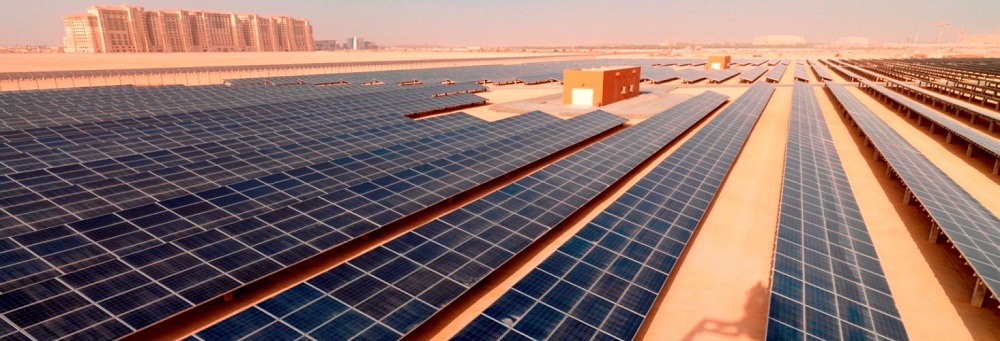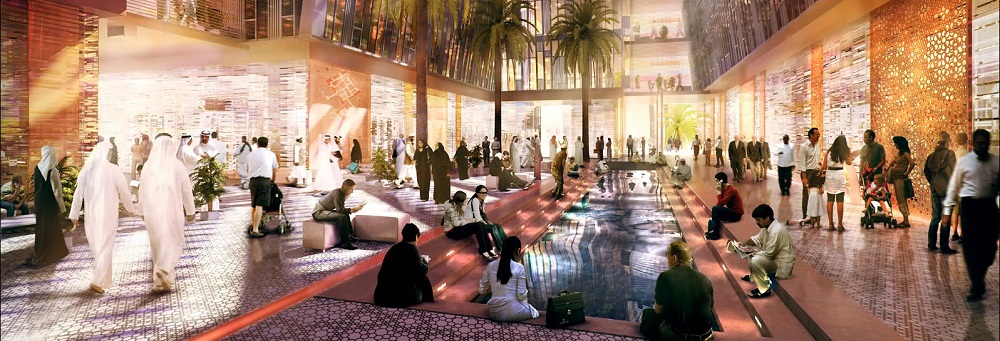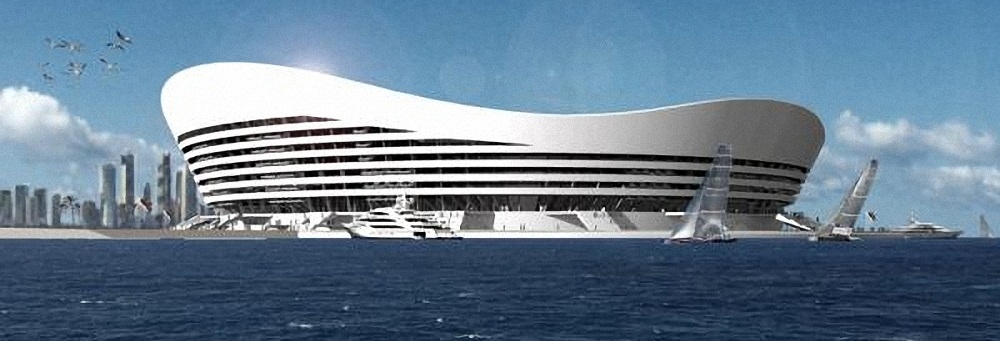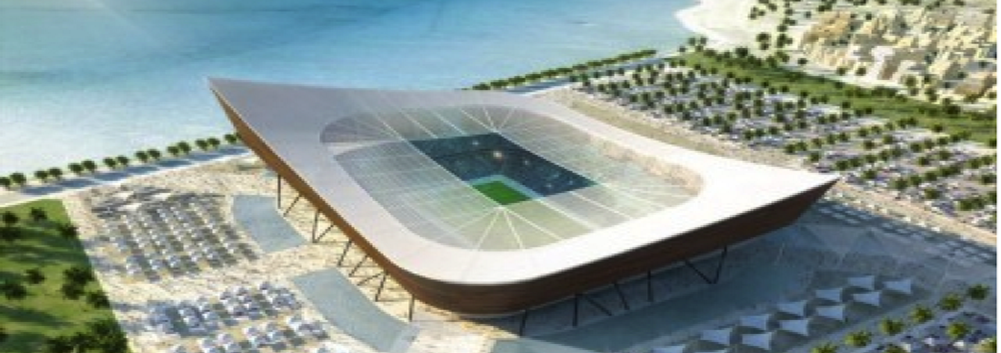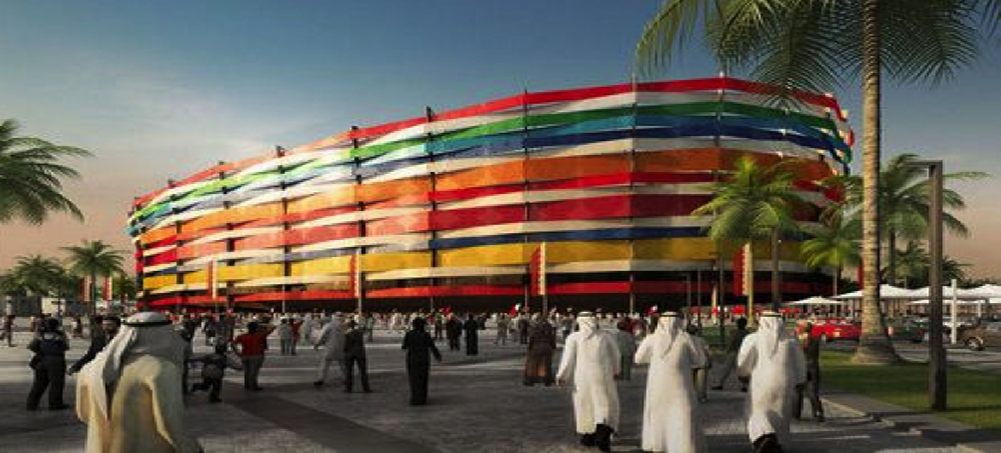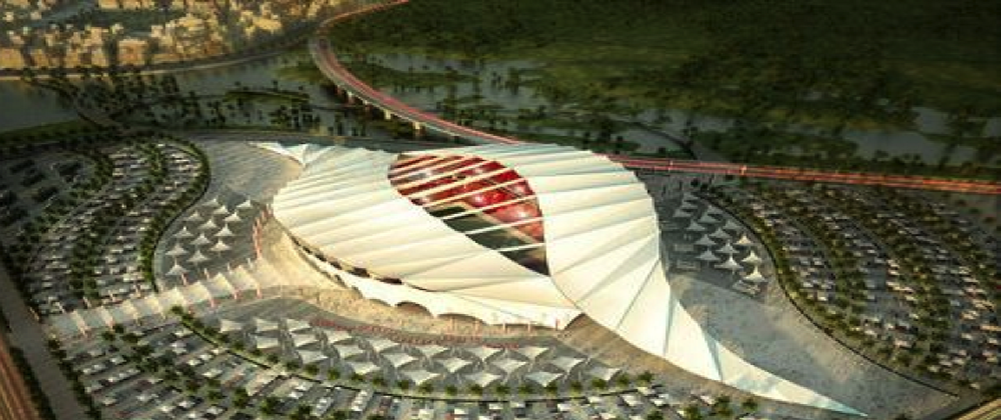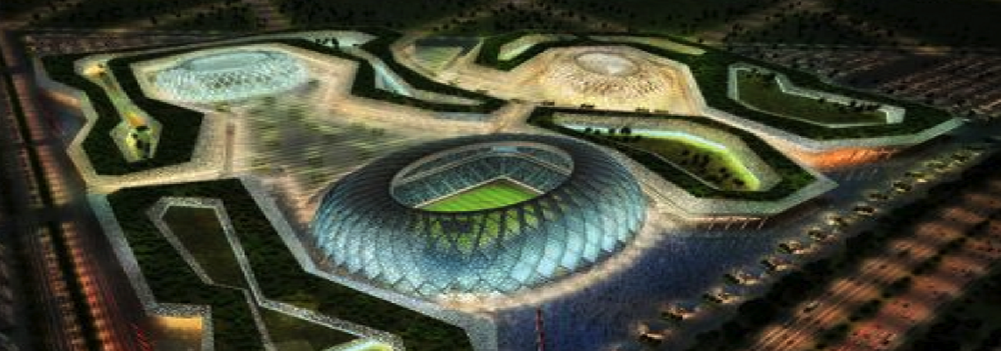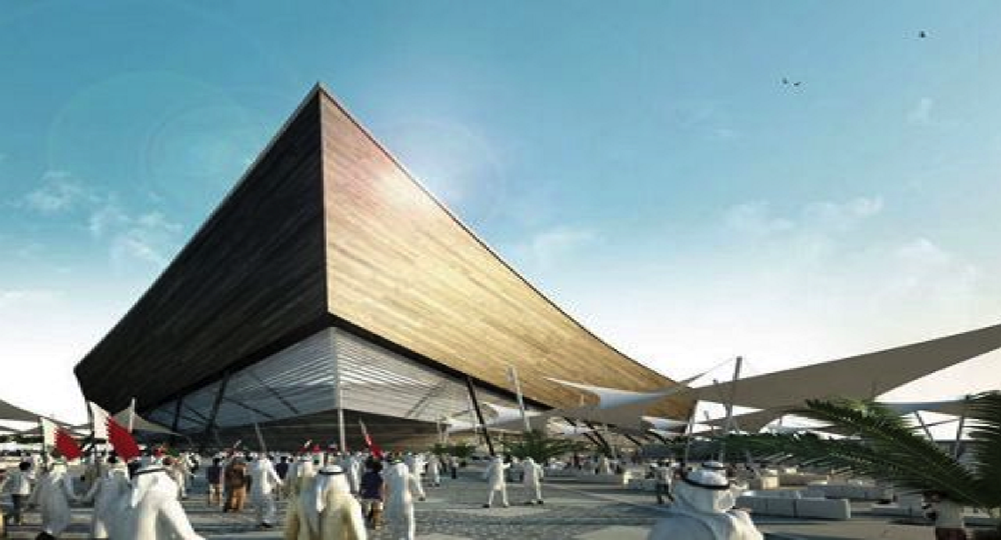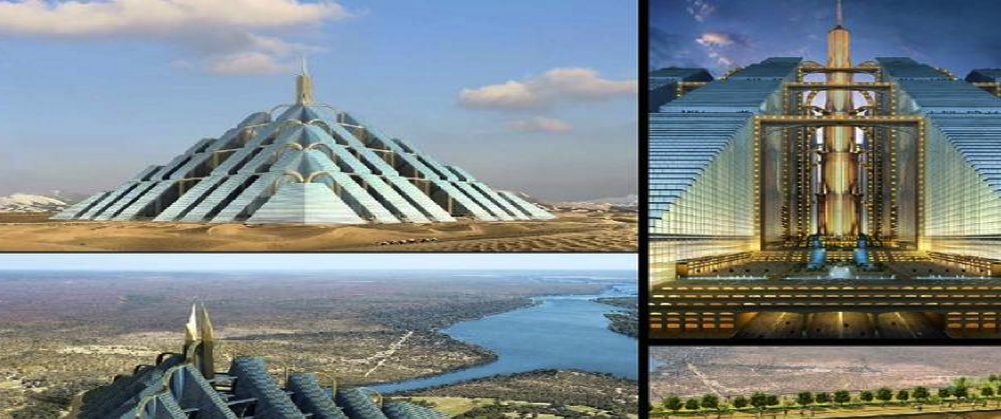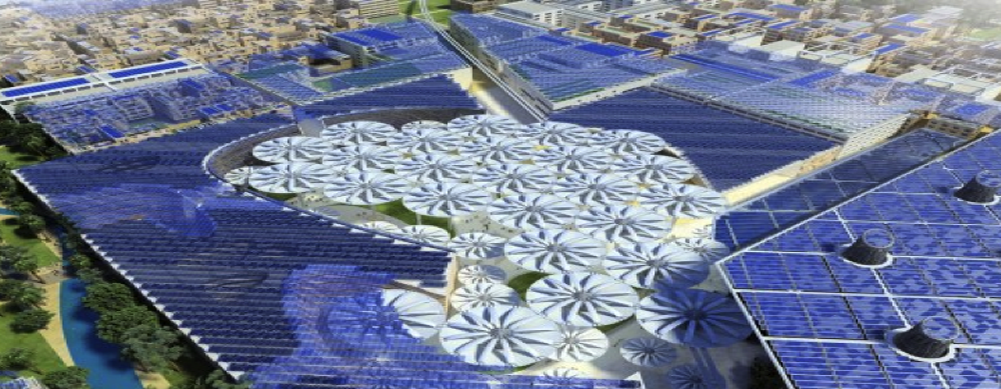Technologies
Chaden Diyab: Bali, the island of plastic
Chaden Diyab, a chemical engineer with a doctorate in environmental science graduate in Paris, has just visited for the first time in Bali and Lombok, she wanted to express in our columns on the level of pollution it is alarming.
Gazette of Bali you have contacted us to call?
Chaden Diyab: I've never seen this level of pollution from household waste, and more in a place where we can find just tourisms, even more focused on luxury tourism. I saw waves of garbage in Lombok, a beach covered with debris in Seminyakjust after the storm. Remember that the plastic released into nature and the sea is far from being only visual disturbance.
A recent study by the College of Pharmacy, Nihon University in Chiba (Japan) shows that the plastic which been supposed more stable in the ocean is actually degrades relatively quickly. It would be sufficient for only one year that the polystyrene that we all know, is broken.
However, it releases biphenyl A (BPA) and a polymer called PS Oligomer. BPA is particularly problematic because it has a potential toxicity to high doses. It may not only indeed behave as a hormone disruptor affecting the reproductive cycle of animals , but also it seems to generate particles that break without their molecular structure does not change. These plastic particles, due to their structure, and set many pollutants are found in the bodies of fish and one day end up in our own, what offer!
There is no time to prevent, we must act. It is sure that the level of garbage is often inversely proportional to the level of governance, in other words, this is an understatement to say that no political action will to improve the situation and we have to ask the authorities decision to change that and quickly. I throw the bottle into the sea and it is not plastic (laughs).
LGdB: What do you do in life ?
Chaden Diyab: I founded the company in France IES EMA makes the transfer of green technologies and innovative know-how for countries Near andMiddle East, especially in the field of pollution control and waste and water management . The objective is to promote green methods that have less impact on the environment and with low cost for local users in developing countries. For example, we use certain plants for soil remediation (phyto-treatment) or enzymes (bioremediation).
They are SMEs and French research labs that develop solutions to local problems. And as the South did not always afford to fund these activities, we seek funding from World Bank, the European Union or SWFs. Southern countries can now set up a waste processing system suitable for a true and intelligent policy of recycling. Thus for example the city of Amman in Jordan(5.8 million inhabitants) has been successful with funding from the European Commission and World Bank an effective treatment and recycling, recovery is very practice energy in one of the closed landfills,where biogas is recovered and nearly 3, 5M Wh of electricity are produced and supplied to the grid. The idea, of course, is that people in developing countries are able to manage this business technologies, we also encourage discussions between academics and emphasize in our ethical code of society on knowledge sharing to enable the creation of local development with full transparency. Last September, the UN, as part of the regional preparation for Rio +20, welcomed and recognized as EMEA IES model transfer and technology partnership. But without political commitment, nothing is possible. The involvement of local political power is necessary to move forward! The technology partnership on environmental issues, especially pollution, is also a way to start a dialogue broken in conflict zones. As part of a project in which we participated in 2009, "Peace Canal", the problem of possible impact of pollution on the Jordan Valley ((ground water extends below Israel , Palestine and Jordan) has a common interest. In my opinion, in the case of Bali, the problem of pollution does not stop at the limits of the island but we must consider the establishment of an emergency action plan regionally, nationally, but also wider riparian countries
LGdB: remember that a waste is primarily a resource ...
Chaden Diyab: Of course, a source of energy and creativity. We can extract energy from waste through incineration or landfill biogas flares, it can also be part of the carbon credits. Africa will also start generating electricity from household waste. In 2010, the first production unit of electrical energy from waste African servants was launched in Ifrane (Morocco).Agricultural waste can also be an effective means of recycling. In Egypt, one of our partners in materials processing, micro-fibers are completely biodegradable obtained from waste bananas and palms.
LGdB: So the next step?
Chaden Diyab: we have to remember that Indonesian government gets involved and helps create green technology, cheap and are integrated in nature so beautiful. And that all people of good will challenge the authorities and force them to commit themselves publicly. And as the saying goes Indonesia: "A little, over time, become mountains. "
Interview par Socrate Georgiades, La Gazette de Bali, mars 2012



